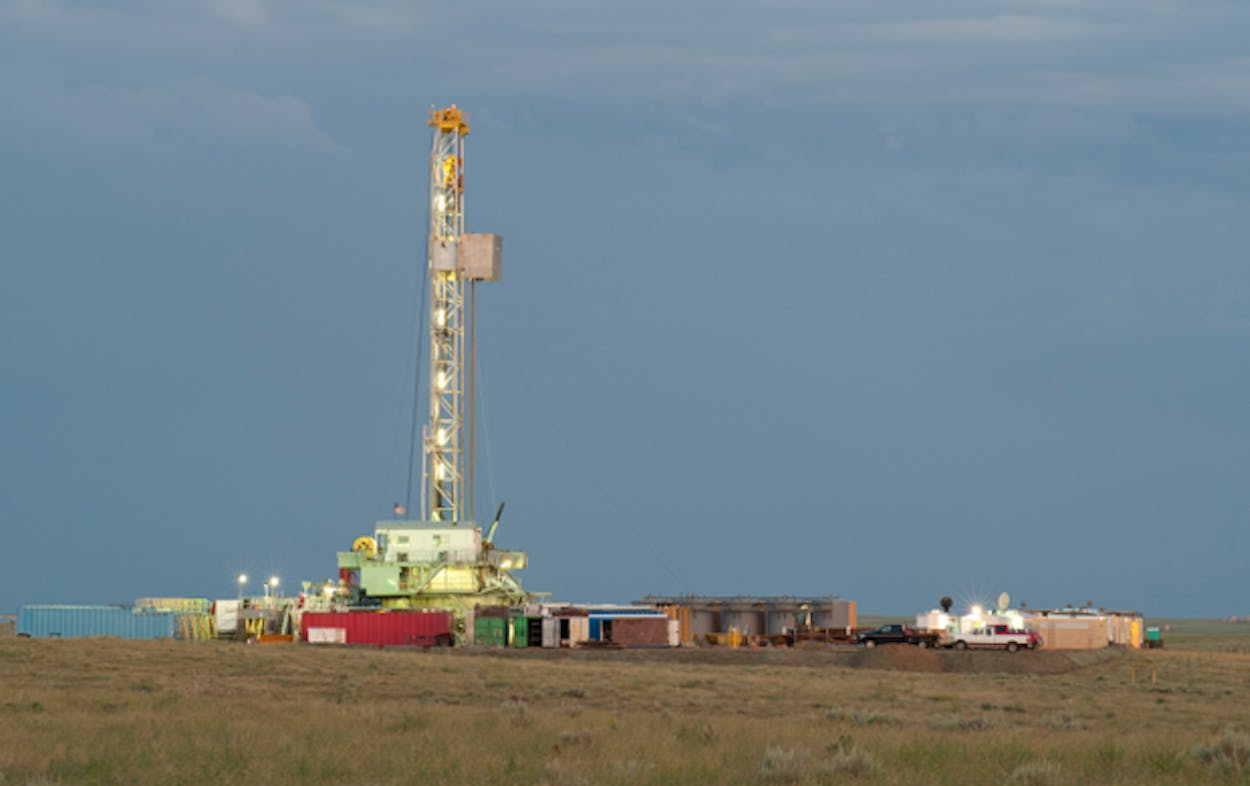The EPA released a report of a three-year study of groundwater in Pavillion, Wyoming, which found fracking chemicals inside some deep water wells, the Houston Chronicle‘s Jennifer A. Dlouhy reported at Fuel Fix. This is the first time the federal agency has reported evidence of a likely link between fracking and groundwater pollution.
Though the controversial practice is used in a full third of America’s current natural gas production, the report stressed that the situation in Pavillion is “unique,” as fracturing has “taken place both in and below the drinking water aquifer and very close to drinking water wells — conditions that are not common elsewhere in the U.S.”
“The EPA’s finding could be a game changer for the oil and gas industry, which has insisted that hydraulic fracturing is safe and should be regulated solely by state officials, rather than the federal government,” Dlouhy wrote.
The report will be available for public comment and independent review, but industry reaction to the draft report was swift. On Monday, Oklahoma City-based Chesapeake Energy blasted out an email to all of its employees calling the study’s science into question. Chesapeake’s Chief Operating Officer Steve Dixon wrote, “We believe that in their haste to find even one exception to the industry’s sterling record of responsible hydraulic fracturing, the EPA has compromised its well testing and data gathering protocols.” He sees this as a push by the EPA to “find a reason to justify giving the federal government more regulatory oversight.” (Read the full text at StateImpact Pennsylvania which obtained and published the email.)
Should Texas be concerned about their groundwater? No, according to Texas Railroad Commission Chairman Elizabeth Ames Jones. She told Dlouhy that “the geology of Texas is different” and that fracking “does not go on close to the surface here and it would be impossible to migrate up from miles below the earth to a water table.”







